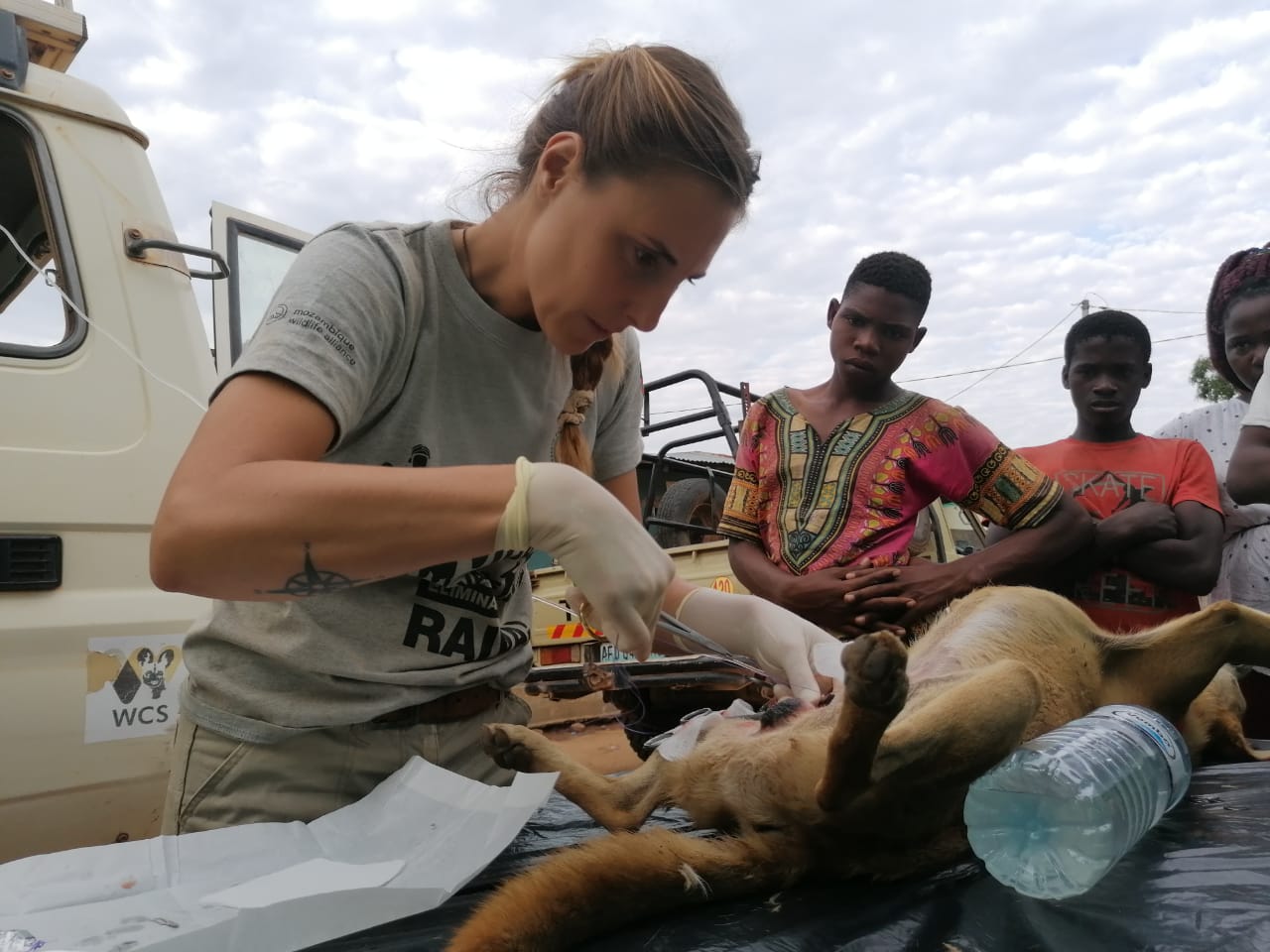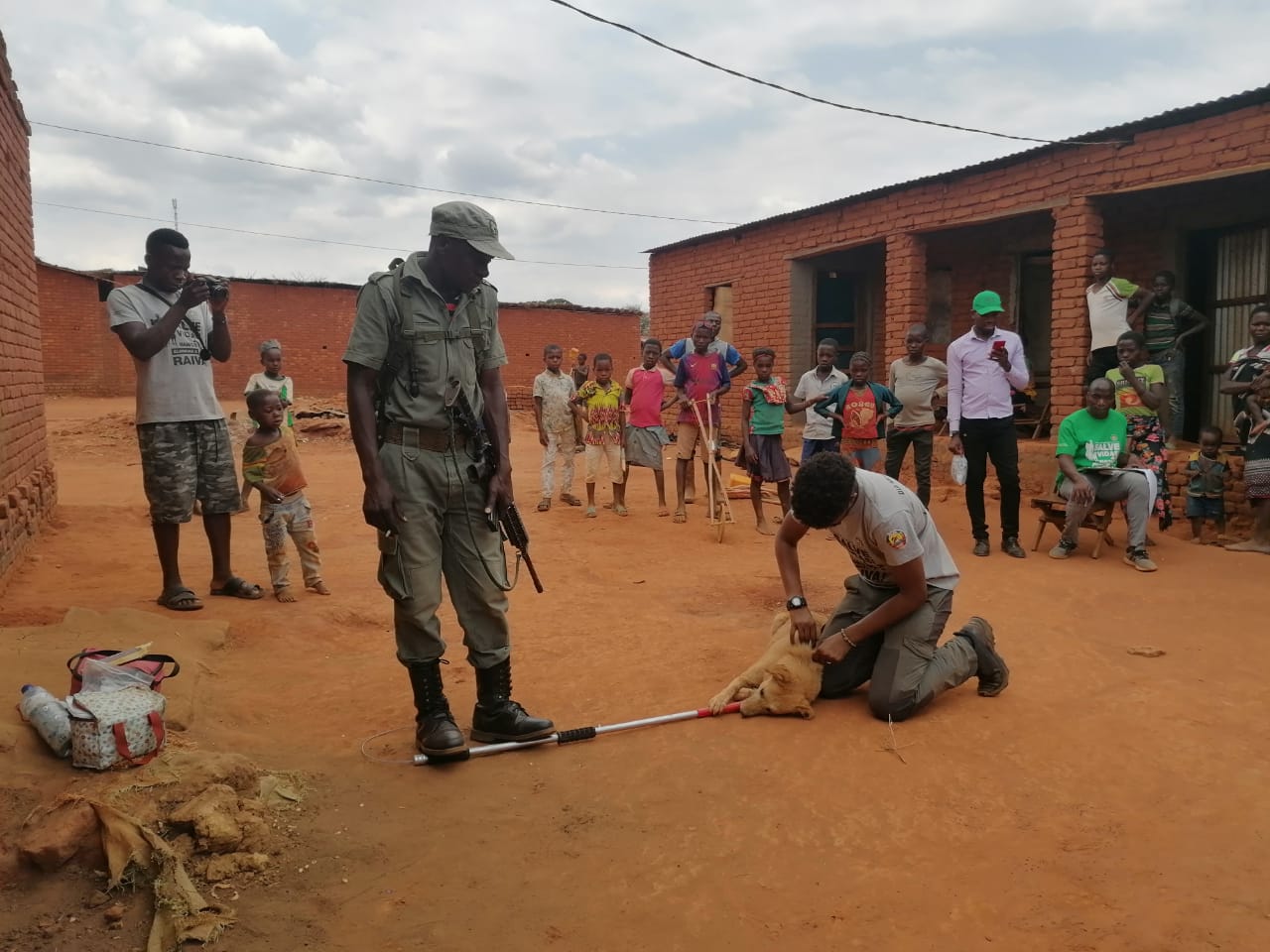The Niassa Special Reserve (NSR) held the year 2021 canine vaccination campaign in the first half of October, which aims to partially minimize the impact of risk factors and disease risk management, particularly rabies and canine distemper virus at NSR.


The analysis of the data collected between 2006 and 2008 (Branco, 2008) concluded that vaccination and awareness campaigns alone cannot control the flow and growth of domestic dog populations. It is therefore essential to consider taking other measures such as sterilization or destruction. The rapid growth of human populations and their increasing mobility and associated presence and increase of domestic animals within NSR increases the risk of spread and persistence of infectious diseases and, increased the risk of disease transmission among domestic dogs. In addition, the presence of wild carnivores near the domestic animals could result in a constant source of contamination of wildlife populations. Domestic dog populations are characterized by rapid growth, with high birth rates and high mortality rates, thus presenting ideal conditions for the maintenance of viral infections.

The objective for this project is to vaccinate, register and castrate at least 70% of the domestic dogs inside NSR on a regular basis and aims at creating the management capacity of the domestic dog control program by the Reserve Administration with the work done by veterinary team based in Mozambique.
The project will be running the reserve for 3 years consecutive, and it was launched official in 2020 so they follow these specific objectives:
- Carrying out phased domestic dog treatment campaigns, starting in the Marrupa-Mecula corridor and along the Rovuma River.
- Extend treatment campaigns to the most populated settlement centers being Mavago, Msawise and Mecula-Sede.
- Build capacity for future local management of the domestic dog control program.
- Registration and complete treatment of all domestic dogs in human settlements in the NSR.
- Maintaining the level of coverage of vaccines and sterilizations in all human settlements in the NSR.
- Fighting domestic dogs outside the treatment system in the NSR.
- Elimination of disease incidents involving domestic dogs.